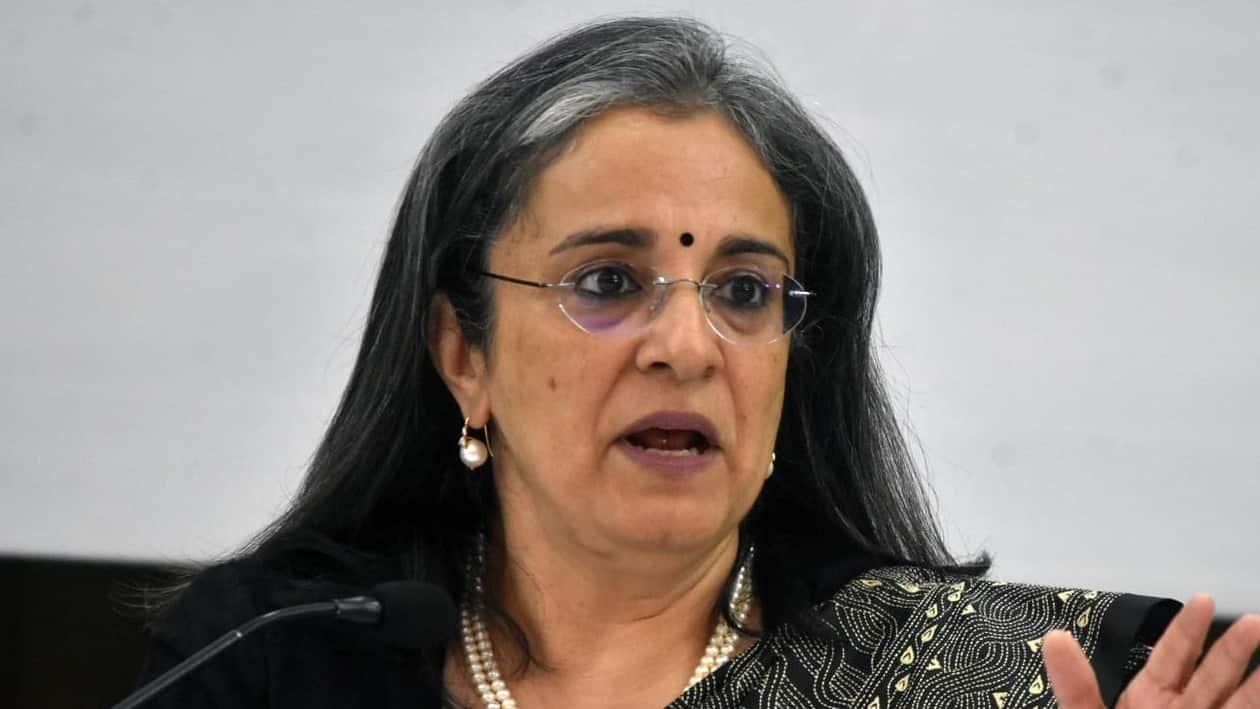Madhabi Puri Buch, the chairperson of the Securities and Exchange Board of India (SEBI), announced on September 05, 2023, during the fourth Global Fintech Fest in Mumbai that SEBI is in the process of developing an artificial intelligence (AI) tool designed to identify instances of misselling by mutual funds.
As an example of misselling, she referenced a recent case in which a 90-year-old individual was persuaded to purchase a product with a seven-year lock-in period. She emphasized that algorithms will play a crucial role in identifying and flagging such occurrences, as reported in Business Today.
Buch said, “We are working on the question of misselling that may happen by a mutual fund distributor or an agent or by someone who is the responsibility of the mutual fund.” She acknowledged that addressing this issue is highly intricate and calls for intelligence. She further explained that the upcoming algorithm will be equipped with the necessary tools to identify misselling instances, such as flagging cases similar to that of a 90-year-old individual being offered a product with an extended lock-in period.
“Artificial Intelligence will allow us to take regulation to a level where risk management will almost be custom-fit for an entity. If that entity has managed its risk well, then the level of regulation would be automatically low. AI will give us the ability to move from risk-based supervision to risk-based regulation to segmented regulation to a granular-level regulation, which will make life a lot easier for all regulated entities,” added Buch.
Currently, mutual funds regularly provide SEBI with crucial data pertaining to regulatory compliance. The ideal submission is a “nil report.” However, Buch pointed out that there could be instances of misselling that escape detection through rule-based supervision. She emphasized that the AI tool will be instrumental in identifying such cases. Buch explained, “As we move to use AI to analyse the data, we hope that we will also find the ability to monitor these things (misselling) in the interest of the investors.”
On a related note, Buch expressed the regulator’s interest in introducing fractional ownership of shares. However, she mentioned that the existing legal framework does not permit it at the moment. Buch expanded on the significance of establishing robust financial systems and harnessing the capabilities of fintech to stimulate economic expansion. She shared, “Somebody came with that (idea) and we thought it was good... we would have wanted to welcome them into the innovation sandbox but it is not permitted in the SEBI Act itself. It cannot be done until we change the Act -- not just the SEBI Act, but also the Companies Act.”
Discussing the involvement of established entities in the fintech sector, Buch provided additional insights. She elaborated, “Incumbent entities are undergoing a massive transformation and are morphing more and more into fintech companies in the way they look, feel, and speak. Today, even our stock exchanges are fintech companies. Some of the mutual fund platforms are nothing but fintechs in terms of substance. These incumbents have a huge advantage because of the cash flows of their traditional businesses, manpower, and stability, so when they apply the principles of modern technology and modern design thinking, they have actually morphed into rocket ships. This transformation is ongoing.”
On T+1 settlement, Buch said, “India is the first jurisdiction in the world that has moved to the T+1 settlement. We are talking about one-hour settlements and even that is a stepping stone to instantaneous settlement. You will see all this in a reasonably short period of time. Something that is traditional is now going to morph into something very modern and contemporary. It is only a matter of time before things can be done in minutes. This is true for both the market and the regulator.”
